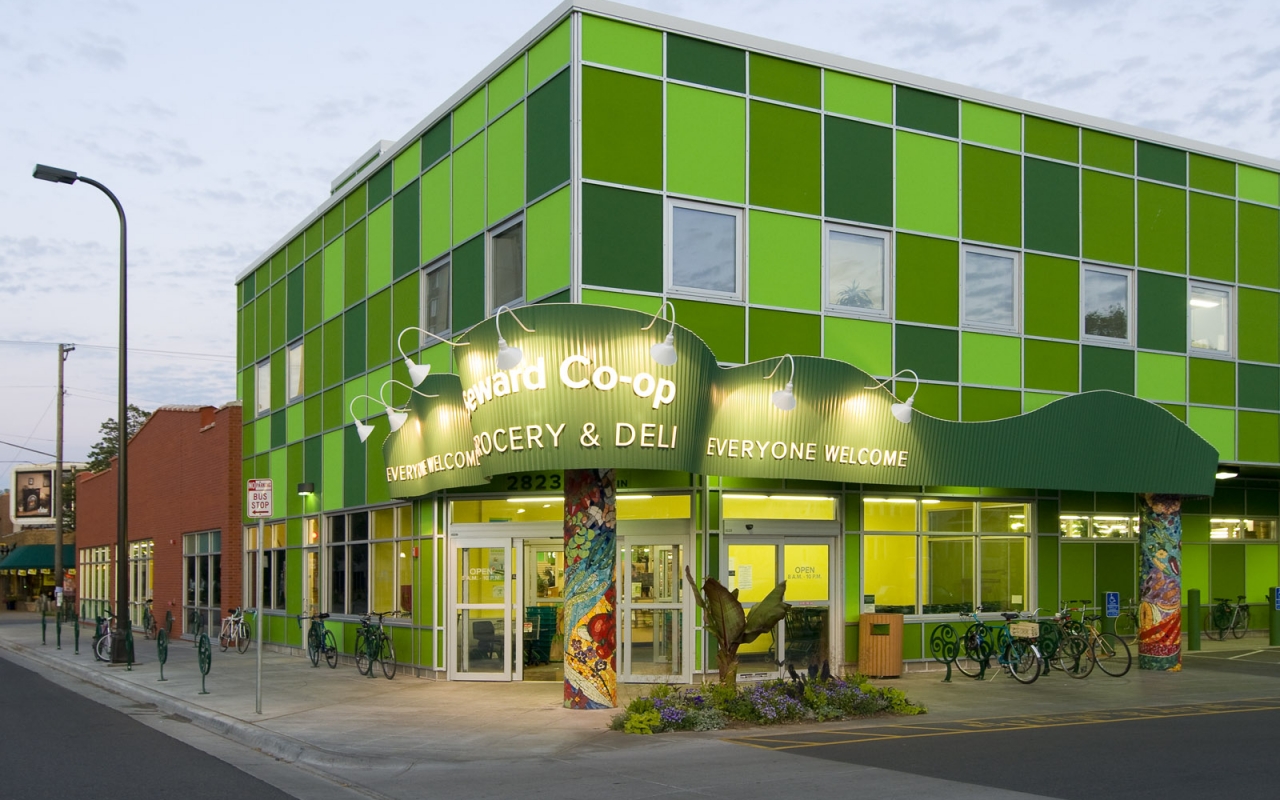

Share
In this third installment on the Seward Community co-op board packets, longtime workers have observed a management structure unwilling to take responsibility for institutional failings. Instead, managers put more pressure on workers to generate revenue or attribute losses to vague incalculable factors, such as the closing of the 38th street bridge.
The board packets reveal that instead of investing in workers and responding to their concerns, the co-op has prioritized aesthetic improvements. The capital budget for improvements is approximately $400,000 a year, according to the July 2017 board packet, although more recent board packets have indicated a potential decline in this spending. These improvements include aesthetic changes to enhance the appearance of the store.
Workers and Owners spoke on condition of anonymity for fear of retaliation.
Workers argues that changes to customer bathrooms, store color schemes, and other similar improvements help Seward’s outward appearance but do not address the greater issues that the co-op is facing. The underlying issues at Seward are related to the fumbled expansion and opening of the Friendship Store and the Co-op Creamery.
The June 2016 board packet supplemental notes offer a rare moment of self-reflection, reading, “Co-op management took on too much and exhibited some arrogance/overconfidence.” The statement was in reference to the reopening of the co-op Creamery after an abysmal initial opening as a fine dining restaurant concept.
One former Creamery worker remembers that they divided workers up in the same room and promptly fired half the staff. She stated that it appears that they had “fired all the night people cause they made more than day people.” During the day the Creamery had a counter service, and at night they provided a table service.
The Creamery was also set up at great expense. Since it was intended to be a fine dining experience, more was spent on high-end furniture. There were also fundamental design mistakes that proved costly. For example, the Creamery did not install proper ventilation in the “dish pit.” In the winter the heater made the working conditions too hot, forcing workers to rotate positions for fear of lightheadedness.
Seward as whole experienced lower than projected sales after the opening of both the Creamery and the Friendship store. In an effort to increase sales at the Creamery, a 50 percent off coupon was distributed, resulting in increased business for the Creamery but a more difficult work experience for the understaffed employees.
Workers noted that the Friendship store seemed rushed without a thorough plan to successfully open the store and integrate it into a diverse community. This sentiment is confirmed in the board packet. The August 2018 packet notes that Seward management “planned for five quarters of losses; after opening Friendship, it became seven.” The tension over the store was infamously captured in a TC Daily Planet article, “The Seward Friendship Store sparks return of the co-op war.”
As Seward continued their expansion endeavors, the July 2017 board packets revealed a tentative plan to expand into a residential development at 46th St. and Hiawatha. According to the Star Tribune, Cub Foods is opening a smaller store in that location in Spring 2019. The evaluation of the expansion plan offers clues as to why there hasn’t been a robust patronage refund.
Both the Friendship Store and Creamery expansion was in part funded by C Stock sales. During the June 2018 board meeting, the dividends for C stock were approved for four percent. The July packet explains that:
“At the end of the fiscal year, including those additional shares of stock, we had on record 3,612.646 shares, or $1,806,323.00. The declared dividend was four percent, or $20 a share, and will be cumulative (paid later). The total dividend will be $72,252.92. Last year we declared a cumulative dividend of $75,613.44 (with 3,780.672 shares or $1,890,336). This dividend was mailed out the first week of July.”
Instead of acknowledging deficit in sales growth was related to the poor executed expansion the board packets attempt to place blame on those that use the Nourish program. Nourish is a needs-based ownership program that provides discounts and other services for eligible participants. Criteria includes being enrolled in; Minnesota Food Assistance/Support, WIC, MinnesotaCare and Minnesota Medical Assistance, or Social Security Disability. One owner and participant mentioned that, “”The criteria are some of the worst things that people experience. I get a 10% discount at the Co-op because I can’t go to the doctor.”
The April 2018 packet states, “The growth of the Nourish discount is one of the contributors to the co-op being less profitable.” The May packet states that, “Last year, we had a loss of $177k while the Nourish discount was $390k.” General Manager Sean Doyle indicated that there was anecdotal evidence that some who use the Nourish program where sharing their owner number and that they would investigate the matter.
One owner summed up the general sentiment among everyone interviewed, “I want to think I am a supporting a good place and people I am interacting with are comfortable and safe. To find out that for all this time that I am putting money into a place that is antagonistic to people is frustrating.”

